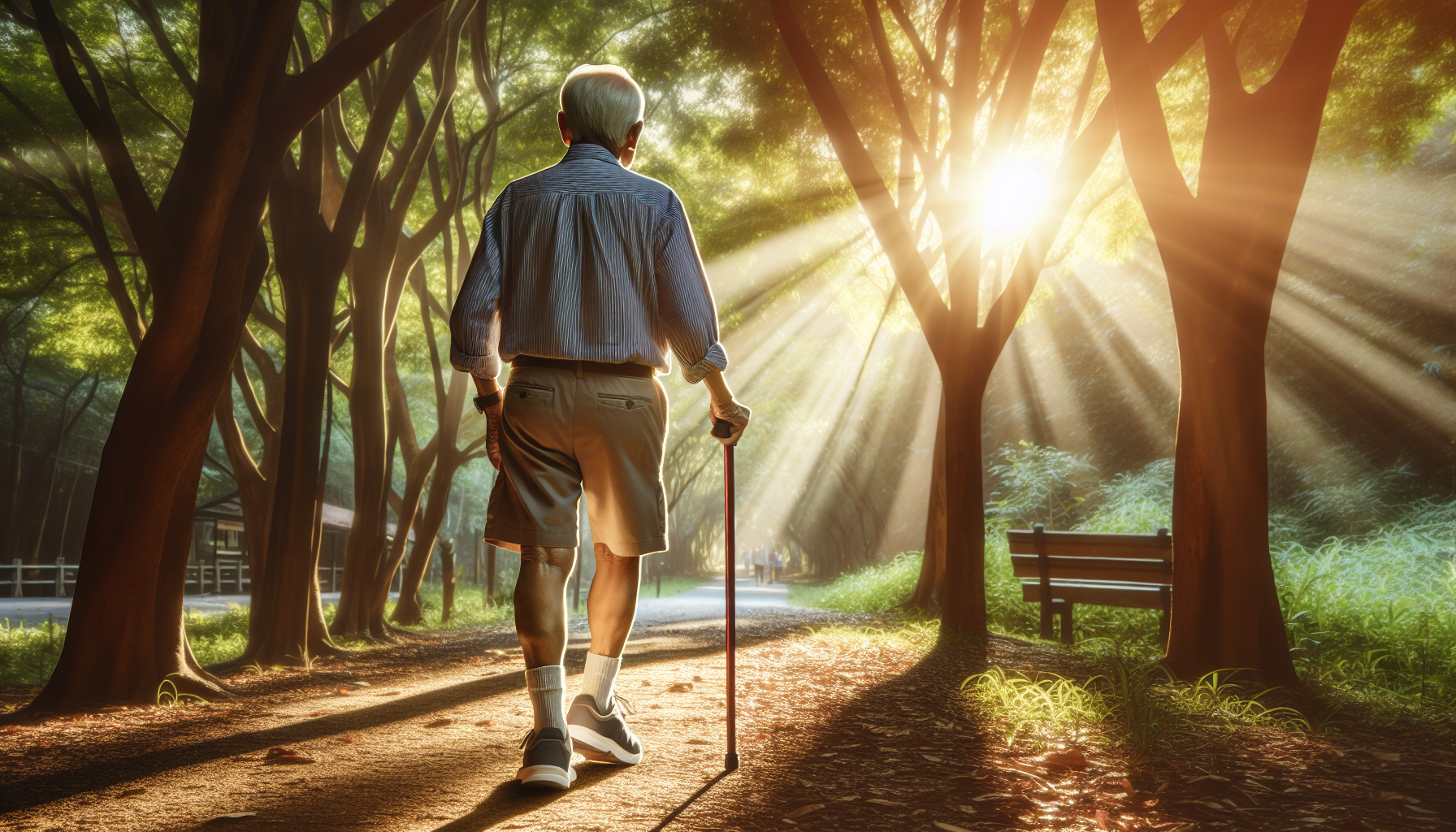As we age, our bones can become more fragile and susceptible to fractures and diseases such as osteoporosis, a condition characterized by porous and weak bones. However, with proper care and attention to bone health, it’s possible to maintain strong bones well into our golden years. This comprehensive guide will explore various strategies and best practices for preserving bone health as we age.
Understanding Bone Health
Bones are living tissues that continuously break down and rebuild. During childhood and early adulthood, bones form faster than they break down, leading to an increase in bone mass. Typically, by the age of 30, most people have reached their peak bone mass. As we age, this process slows down, and the balance can shift, leading to bone loss.
To understand the intricacies of bone health, consider exploring Avix Health’s extensive Bone Health resources, where you can delve into the science of bone regeneration and density.
The Role of Nutrition in Bone Health
A balanced diet rich in essential nutrients is crucial for maintaining bone health. Calcium and vitamin D are particularly important as they play significant roles in bone formation and maintenance. Adults over the age of 50 should aim for 1,200 milligrams of calcium per day, which can be obtained through diet and supplements if necessary. Vitamin D helps the body absorb calcium, and a general recommendation is 800 to 1,000 international units (IU) per day for older adults.
Incorporate calcium-rich foods like dairy products, leafy greens, and fish with bones. To boost your vitamin D intake, consider fatty fish, fortified foods, and sensible sun exposure. For more insights into optimizing your diet for bone health, read about Calcium-Rich Foods for Optimal Bone Health.
Physical Activity and Bone Density
Regular physical activity is essential for maintaining and improving bone density. Weight-bearing exercises, such as walking, running, and dancing, force the body to work against gravity, stimulating bone tissue growth. Strength training, too, is beneficial as it helps build muscle mass, which in turn protects and strengthens bones.
For a closer look at how exercise impacts bone health, explore the benefits detailed in The Effects of Strength Training on Bone Density.
The Importance of Vitamin D and Sunlight
Vitamin D is not only critical for calcium absorption but also for bone remodeling and repair. While diet and supplements can help, sunlight is a natural source of vitamin D. Just 10-15 minutes of sun exposure several times a week can help maintain adequate vitamin D levels. However, it is important to balance sun exposure with skin cancer risk.
For an in-depth understanding of this nutrient’s role in your bone health, investigate The Role of Vitamin D in Bone Regeneration.
Lifestyle Factors Affecting Bone Health
Lifestyle choices such as smoking and excessive alcohol consumption can adversely affect bone health. Smoking can interfere with the body’s ability to absorb calcium, leading to weaker bones, while heavy alcohol use can cause bone loss.
To support the points made about lifestyle factors, consult niche resources like the National Institute of Arthritis and Musculoskeletal and Skin Diseases (NIAMS) for information on how lifestyle choices impact bone health.
Medications and Supplements
As bone density declines with age, some may require medication or supplements to help prevent bone loss. Bisphosphonates are commonly prescribed to prevent and treat osteoporosis. Additionally, supplements like calcium and vitamin D can be beneficial, especially for those who struggle to meet their needs through diet alone.
To ensure the use of medications and supplements is appropriate and safe, always consult a healthcare professional and review valuable information at Medication & Supplements.
Monitoring Bone Health
Regular screenings for bone density can help detect early signs of bone loss. Dual-energy X-ray absorptiometry (DEXA) scans are a standard method for measuring bone mineral density (BMD). Women over the age of 65 and men over 70 should have a DEXA scan. Those with risk factors for osteoporosis, like long-term steroid use or a family history of the condition, may need to start earlier.
For those interested in the latest methods of bone density assessment, niche resources like the International Osteoporosis Foundation (IOF) offer a wealth of information on bone health monitoring.
Conclusion
Maintaining bone health with age is a multifaceted approach that includes a balanced diet, regular physical activity, lifestyle adjustments, and appropriate use of medications and supplements. By understanding the factors that affect bone health and adopting preventive strategies, individuals can significantly reduce the risk of bone-related conditions and enjoy a better quality of life as they age.
Remember, while this guide provides a comprehensive overview, it’s always best to consult with a healthcare provider for personalized advice and treatment options. Empower yourself with knowledge and take proactive steps today for stronger bones tomorrow.



